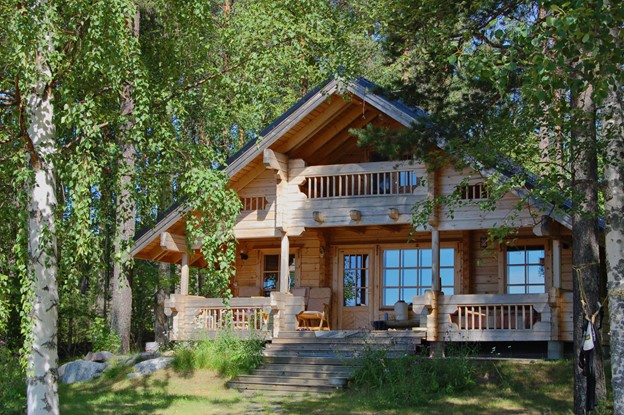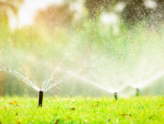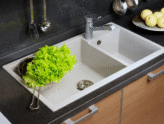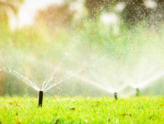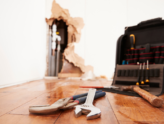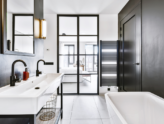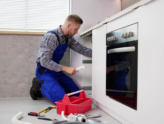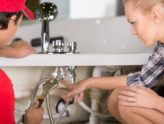Whether you live in your cottage year-round or are a seasonal resident, having good cottage plumbing is key to enjoying your stay at your Ontario cottage. No cottage owner wants to have to call out a plumber when opening up their cottage for the first time of the year. With Ontario’s notoriously chilly winters and high snowfall, it might even seem difficult to keep your cottage in its best condition while you are at home.
But, by following some simple steps, you can make sure your cottage is ready for a great summer without having to worry about plumbing problems or costly repairs. Learn more about maintaining your cottage’s plumbing below!
Preparing Your Cottage Plumbing for Winter
During the winter, your pipes could be in danger of freezing and bursting if they are not properly prepared for the cold months. Whether you’re staying in your cottage during the winter or preparing to lock it up until summer, make sure to prepare your pipes by insulating them.
If your pipes aren’t insulated when temperatures dip into freezing, the water in your pipes will freeze and its volume will expand, causing pressure that can burst the pipes. You can insulate your pipes with pipe insulation or wrap them in heat tape.
If you’re closing up your cottage for the winter season, there are a few things you need to do before locking up:
● Turn off the power to your water pump and your hot water tank.
● Drain out the water in your pipes by opening up the drain valves and all of the taps and let them run until all the water drains out. Leave all the valves and taps open while you’re gone during the winter so that any leftover water can drain out. Don’t forget to open up the taps for the outdoor plumbing as well, such as the hose bibs.
● If your hot water tank does not have a floor drain, for example, if it’s outside, connect a hose to the drain valve so you can direct the water away from the tank while the water drains.
● Flush the toilets until the bowls are empty. Add antifreeze to the toilet tank and bowl so that leftover water does not freeze and crack the toilet. You can also add antifreeze to holding tanks and jet pump casings.
● Drain the pressure or gravity tank. Let all the water drain between the pump and the pressure tank. If you have a jet pump, remove the drain plug and store it in a secure place.
● If you decide to stay in your cottage during the winter months, running your water regularly will help keep your pipes from freezing.
Opening up Your Cottage in the Summer
When you return to your cottage in the summer, you will need to de-winterize your plumbing so that you can start using it again.
● First, turn all the faucets that you left open to the off position. Reconnect any water supply tubes or pipes that you may have disconnected for the winter.
● Next, slowly turn on the water supply. Then open the water heater, boiler, and water softener water valves.
● With your water supply valve opened about halfway, go room by room in your cottage and start turning on your faucets. Turn on the faucet and let it run steady and clear until you turn it back off. Try flushing the toilets to make sure they run correctly.
● Check exterior plumbing fixtures to make sure they work properly. Make sure they open and close without leaking.
If you need help de-winterizing your home or if you run into any troubles, don’t forget you can always contact a plumber in Durham Region who can assist.
Plumbers in Durham Region to the Rescue
By preparing your cottage plumbing for the winter season, you can ensure that everything works smoothly throughout the year. These tips will help reduce the likelihood of any repairs or plumbing problems.
However, sometimes accidents do happen and a professional is the best choice if you are inexperienced with home or cottage plumbing. At Caldwell Plumbing, our team of plumbers across Durham Region can help you with the winterization and de-winterization process for your nearby cottage property. Contact us today to learn more!

